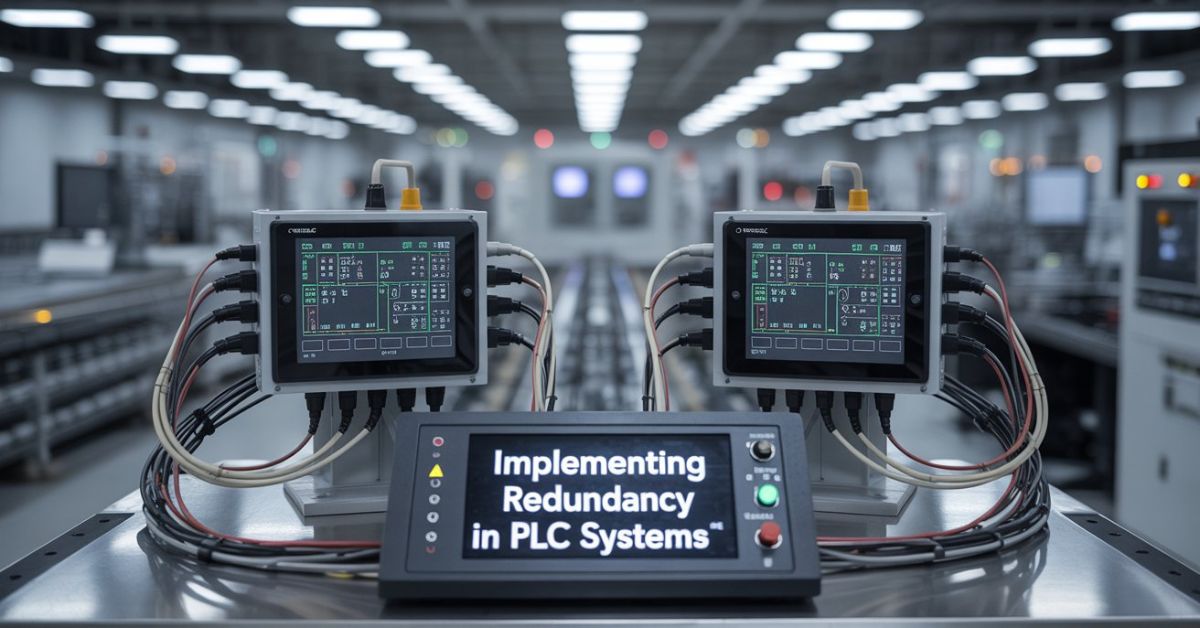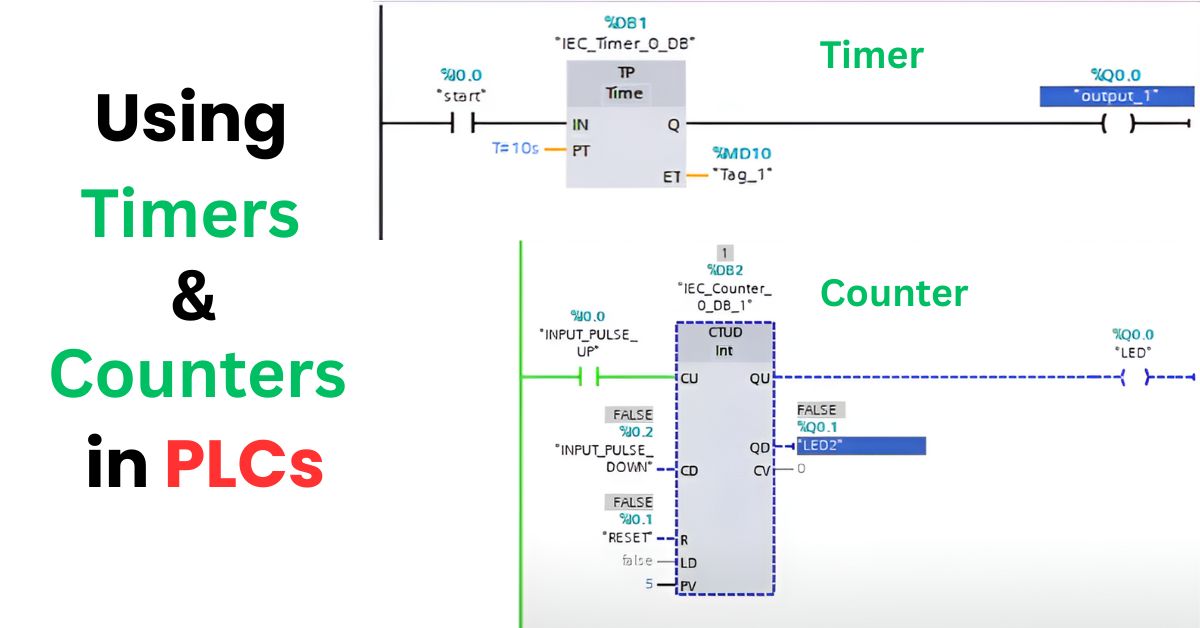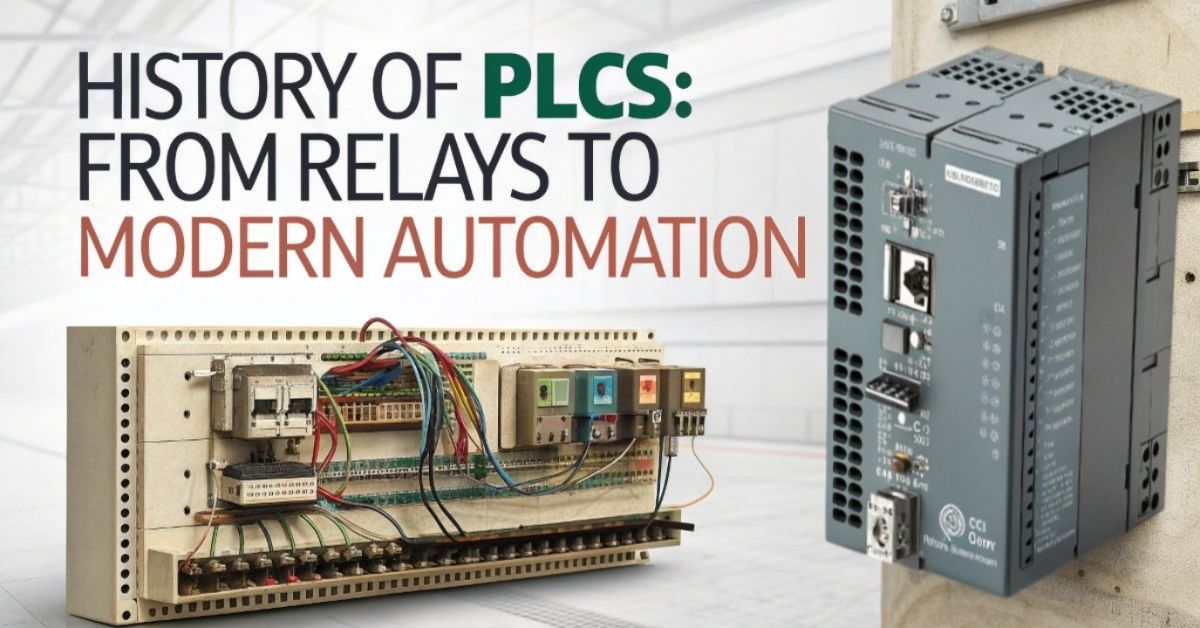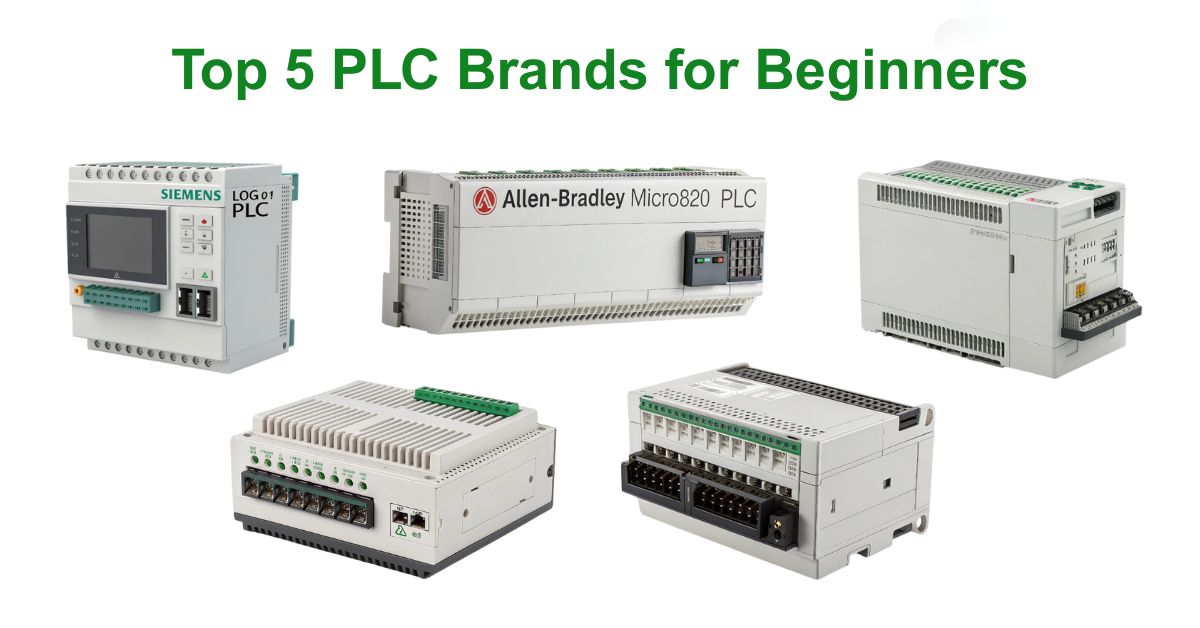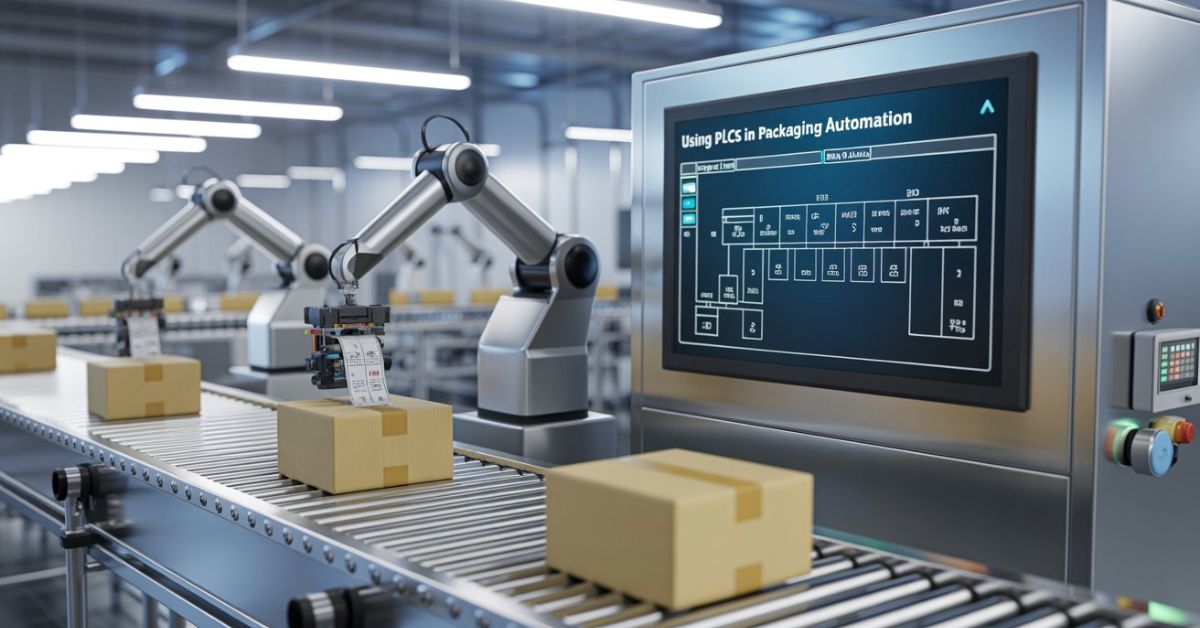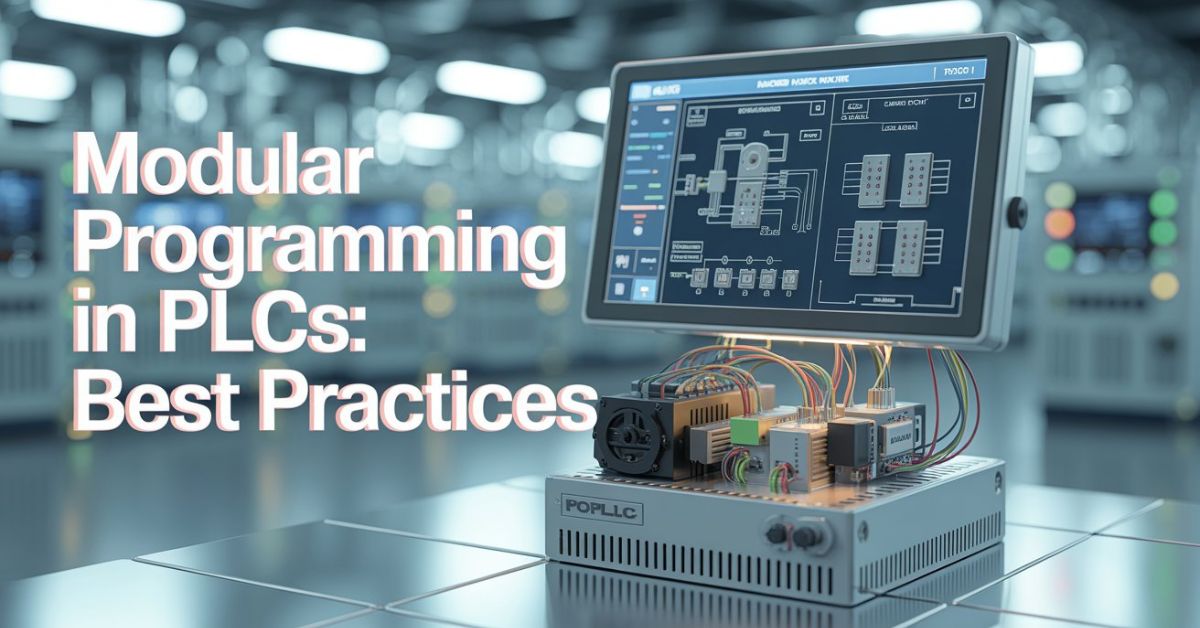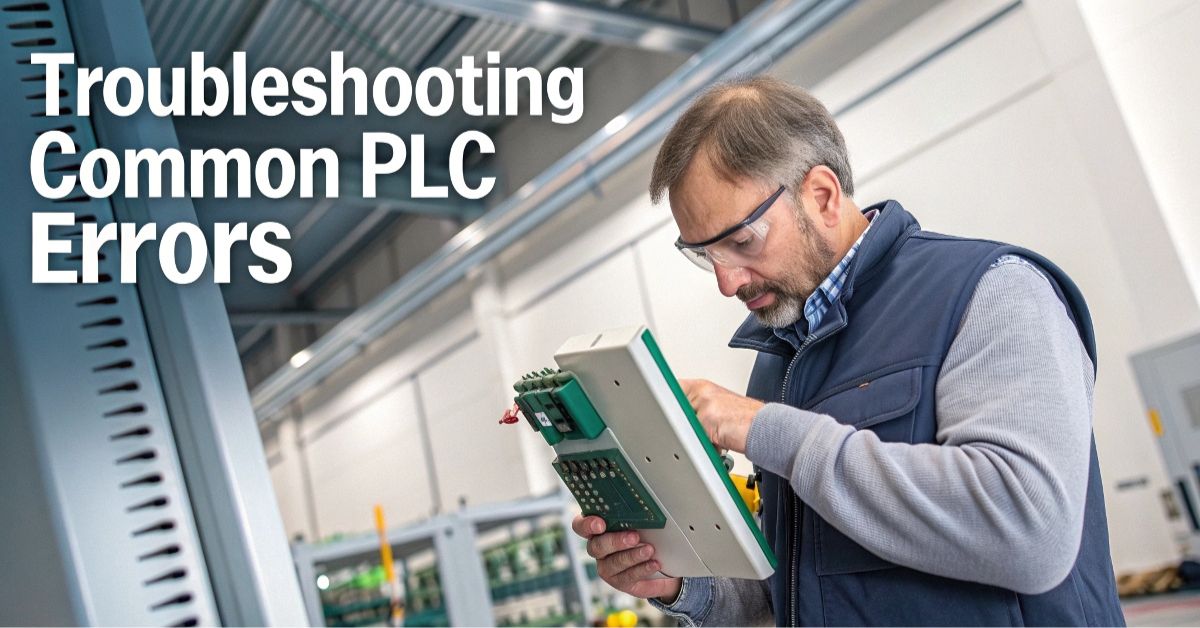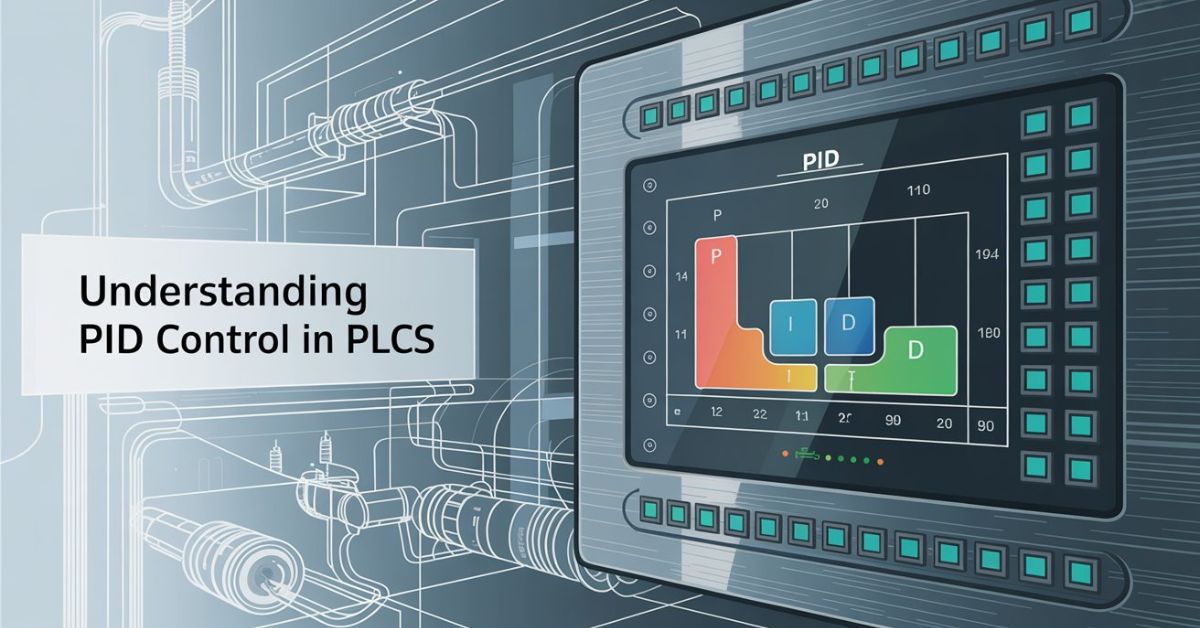Implementing Redundancy in PLC Systems
Redundancy in PLC systems is the key to reliability in modern industrial environments. With machines running all the time, even a small fault can cause major problems. And that is why having a backup system ready to take over is not only smart, but also mandatory. From my perspective, the best strategy to minimize downtime, … Read more

